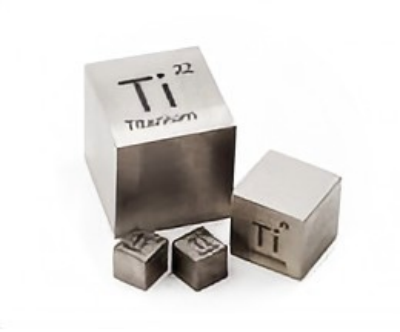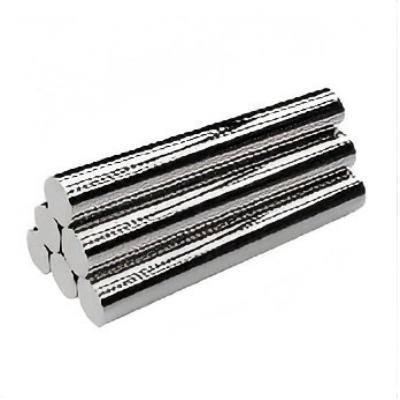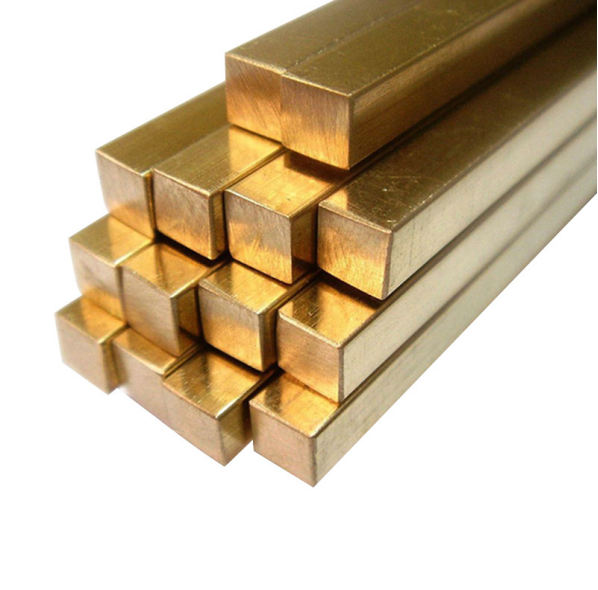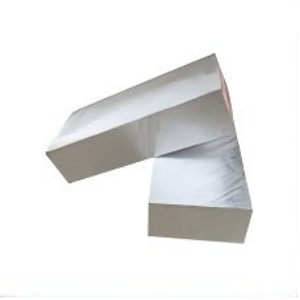Comparison of CNC Machining Materials
The information contained herein is typical values intended for reference and comparison only. They shall NOT be used as a basis for design specifications or quality control.
Titanium
Heat Resistance, Corrosion Resistance, Strength
Titanium alloys are high-performance materials that combine exceptional strength, a superior strength-to-weight ratio, outstanding corrosion resistance, high-temperature stability, and excellent biocompatibility. While costlier and more difficult to process than steels or aluminum alloys, their unique advantages—high strength, light weight, and durability in extreme environments—make them indispensable in aerospace, advanced medical, and deep-sea applications, where performance takes priority over cost.
Stainless Steel(17-4 PH)
Corrosion Resistance, Strength
Stainless Steel 17-4PH is a high-performance martensitic precipitation hardening stainless steel, featuring excellent corrosion resistance and high strength, making it suitable for a wide range of industrial applications. Its chemical composition and physical properties enable its extensive use in fields such as aerospace, chemical engineering, marine engineering, food processing, and nuclear industry. Through appropriate heat treatment processes, its mechanical properties and corrosion resistance can be further optimized.
Brass C260
CorrosionResistant, Machinability
Brass is an alloy primarily composed of copper and zinc. This golden-hued material not only exhibits excellent weather resistance and corrosion resistance, but its tensile strength also rivals that of low-carbon steel, demonstrating outstanding mechanical properties. Brass boasts exceptional machinability, enabling it to support higher feed rates during processing operations such as cutting and stamping, while requiring minimal cutting fluid. This combination significantly reduces both processing costs and process complexity.
AL7075
Corrosion Resistance, Strength
Aluminum 7075 alloy is a high-strength wrought alloy with zinc as its primary alloying element. It exhibits excellent mechanical properties, characterized by outstanding strength, toughness, and fatigue resistance. In addition, compared with most aluminum alloys, it demonstrates superior corrosion resistance, which makes it widely used in aerospace and other fields where lightweight structures and comprehensive performance are critically required.





